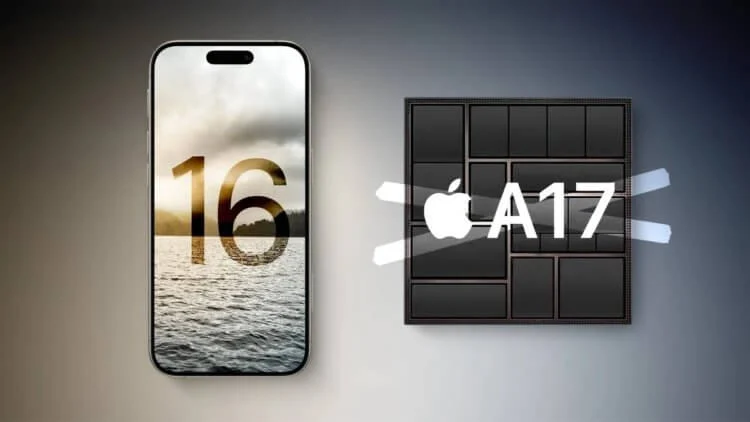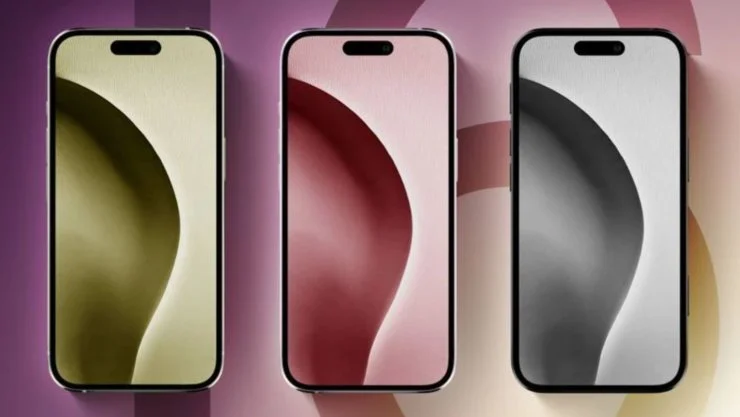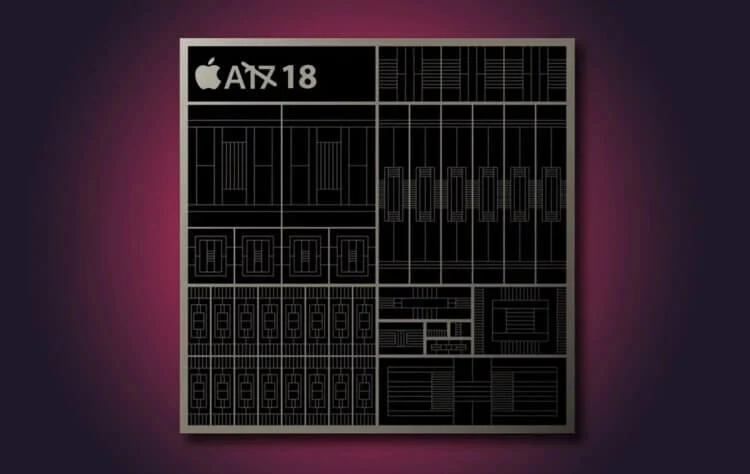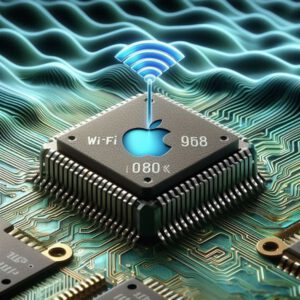It will feature the A18 chip, just like the iPhone 16 Pro and 16 Pro Max.
With more than 9 months left until September 2024, we already know almost everything about the iPhone 16. No, this isn’t due to Apple allowing so many leaks. It’s just that the company has become too predictable, and years of professional immersion in its activities have taught us to predict with high probability what it will offer next.
However, even we, frankly, could not have imagined that Cupertino would decide to transition all iPhones, including the classic models, to the most powerful flagship processors, which are used in the Pro and Pro Max models.

Last week, colleagues shared an interesting finding. They had the opportunity to study the alpha version code of iOS 18, where they discovered mentions of four new iPhones:
D47 — iPhone 16
D48 — iPhone 16 Plus
D93 — iPhone 16 Pro
D94 — iPhone 16 Pro MaxSurprisingly, all four devices operate based on the t8140 (Tahiti) processor, which is most likely the new A18 Pro. It’s not certain, but the fact that the same chipset is used in all smartphones of the lineup is somewhat surprising.
Remember, 2 years ago, Apple stopped equipping the classic iPhones with current-generation processors, keeping them on last year’s chips. Therefore, the iPhone 14 and 14 Plus operated on the A15, which was used in the iPhone 13, and the iPhone 15 and 15 Plus were based on the A16, which was in the iPhone 14 Pro and 14 Pro Max.

In the absence of evidence that the t8140 chipset is indeed the A18 Pro, one might think it’s some test processor that won’t go into series production. However, Apple’s practice shows that it doesn’t engage in such activities, and this ‘chip’ had not appeared in any leaks before. Therefore, the likelihood that we are dealing with the flagship of 2024 is quite high.
But why suddenly did Apple decide to abandon, what seemed to be, a well-established strategy and start producing all its smartphones based on the same processor? In fact, there are plenty of reasons for the company to do so, both technical and economic.

Technically, I would attribute the launch of Apple’s own modem. We’ve long heard that Cupertino plans to stop purchasing Qualcomm products and wants to release its own 5G modem. The only suitable chipset for this is the new one: neither the A16 nor the A17 will fit, as they lack the necessary optimization. The modem should be created in tandem with the processor immediately.
The serious segmentation that different processors in smartphones of the same lineup provoke almost certainly doesn’t simplify their support. Apple has to adapt new versions of iOS for each model separately, based on their technical aspects and functionality. Consequently, updates show more problems than when all iPhones of the current lineup operated on the same chip.
Economically, it also makes sense to equip all iPhones with the same hardware, as classic smartphones with last year’s processors demonstrate significantly worse sales than the Pro and Pro Max models. Yes, even in Russia, demand for the iPhone 15 turned out to be higher. But consumer interest in the ‘real’ flagships still prevails. People see what exactly they are paying more for and consciously take this step.
Despite the fact that the entire iPhone 16 lineup will most likely technically operate on the same processor, the versions installed in the basic devices will differ from those in the flagship models. We’ve already seen this practice in Apple computers. Traditionally, in the simplest configurations of Mac, the company uses weakened versions of its processors with fewer graphics cores, and more in the top-end ones.
Transferring the same practice to smartphones is possible, especially since Apple doesn’t actually have to do anything. Those same processors with weaker graphics are simply production defects, where several GPU cores simply didn’t activate, although otherwise, they are fully functional ‘stones’. Therefore, Cupertino can use them, simultaneously increasing the profitability of their business and upgrading the basic smartphone lineup.
Will the new iPhones be cheaper? The website’s editorial staff admits the possibility of transitioning basic iPhone models to the flagship chip, but considers it from a slightly different angle. In its opinion, everything comes down to Apple’s desire to start purchasing more of the latest processors to load the production capacities at the TSMC factory, with which it cooperates, and get a discount due to the reduction in the cost of their production.
The company needs to load its partners to get [greater] production volume and maximum discount. When dividing between old and new processors, this doesn't happen. That is, essentially, the technology process doesn't change, but they can't load production. The volume of sales doesn't allow this to happen today. I also think that they will try to stabilize sales in2024 and prevent them from falling further.
Obviously, this doesn’t imply a reduction in the retail price of the iPhone. The company is not ready to take such a step. But reducing the cost of processors makes sense for Apple itself, as it will allow the company to increase the attractiveness of the basic iPhones and at the same time compensate for the possible increase in production costs. It’s not excluded that the purchase price of the chipsets for them will remain approximately at the same level.
Apple’s MetalFX Upscaling Technology Based on AMD FSR, Open Source Code Revealed



